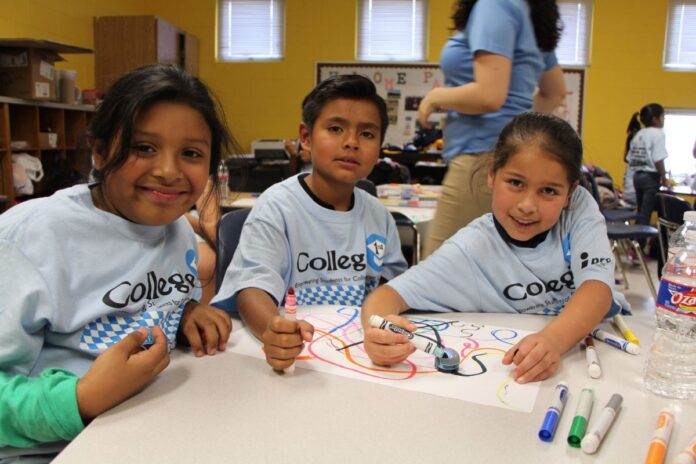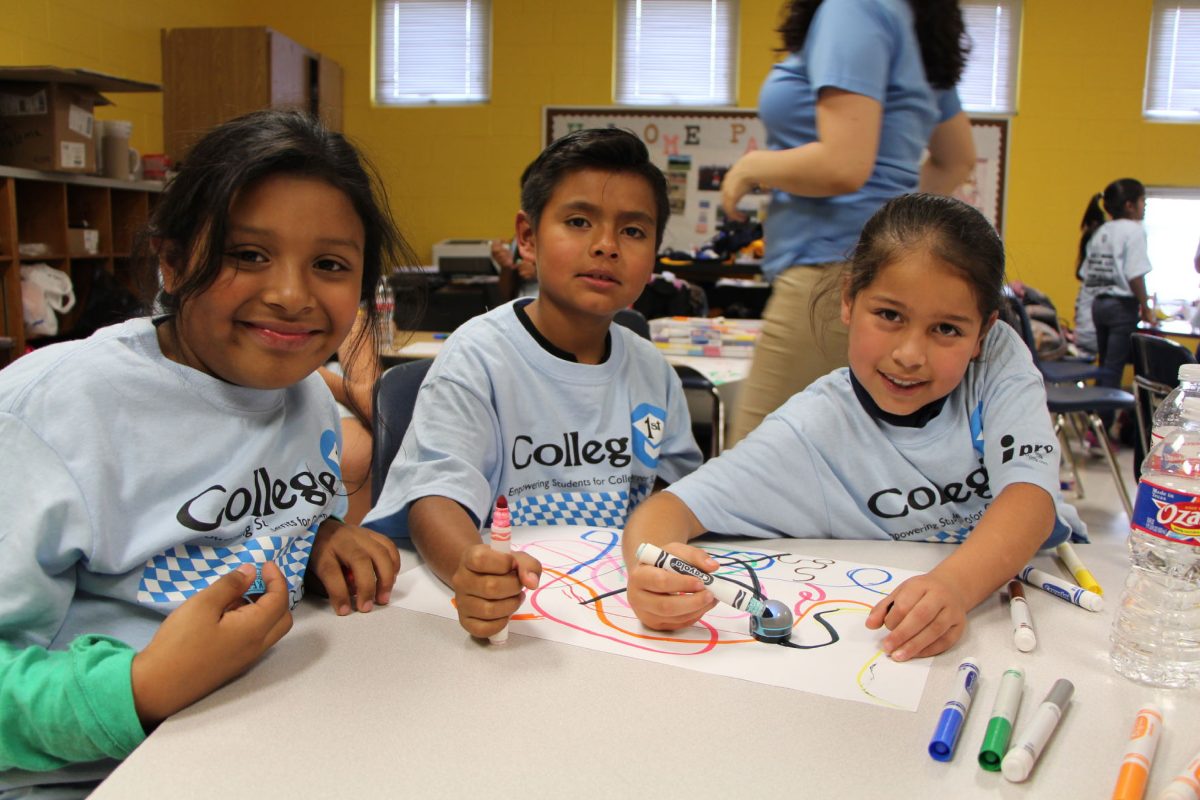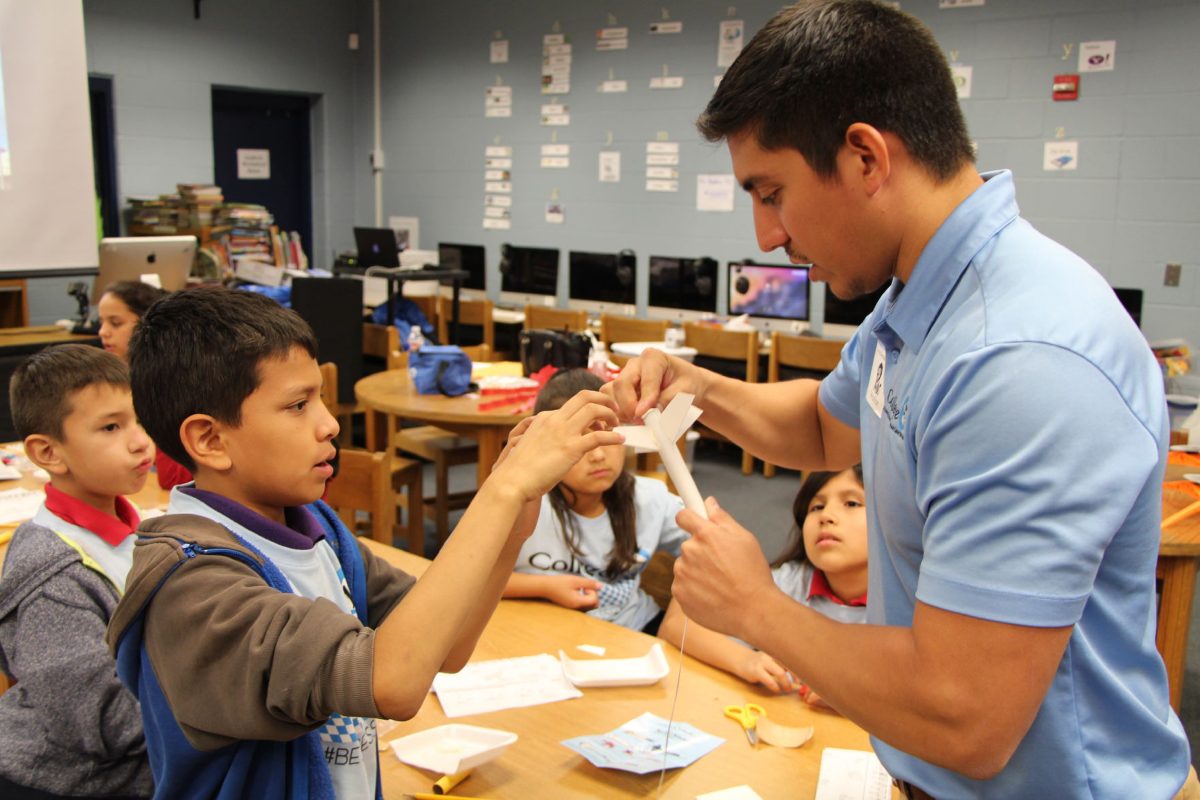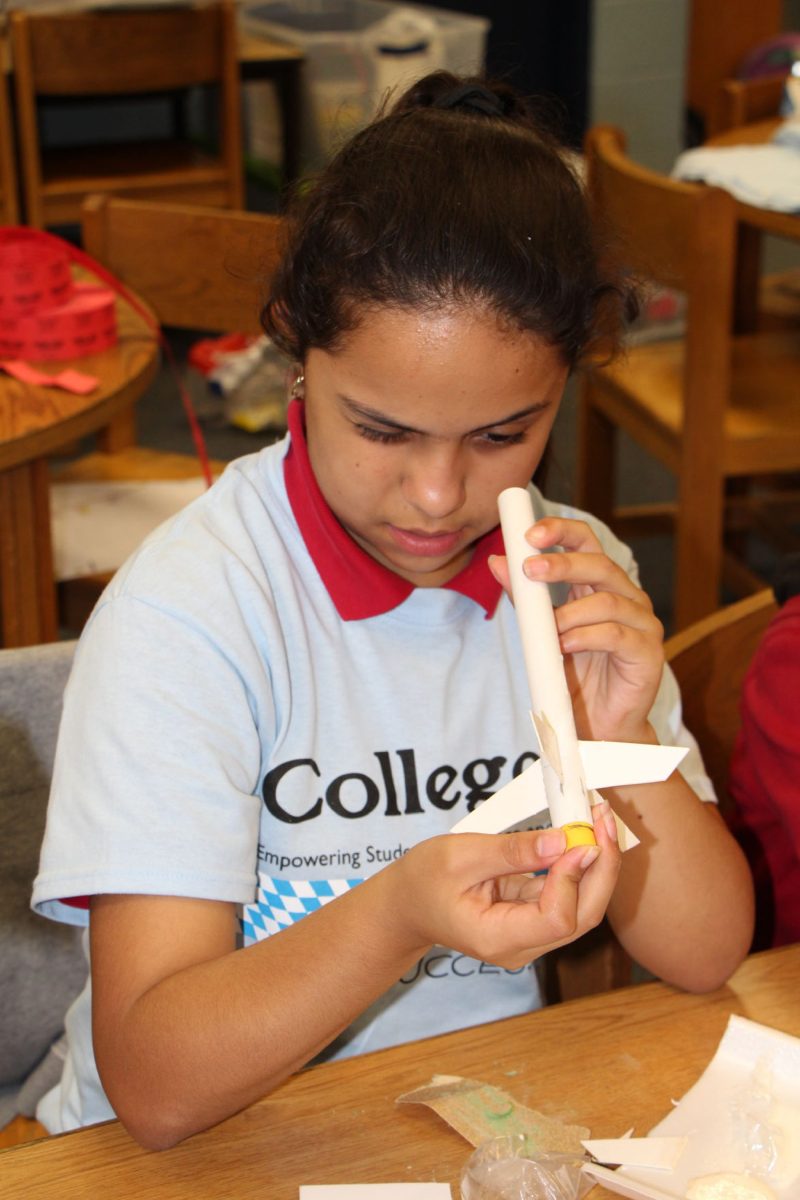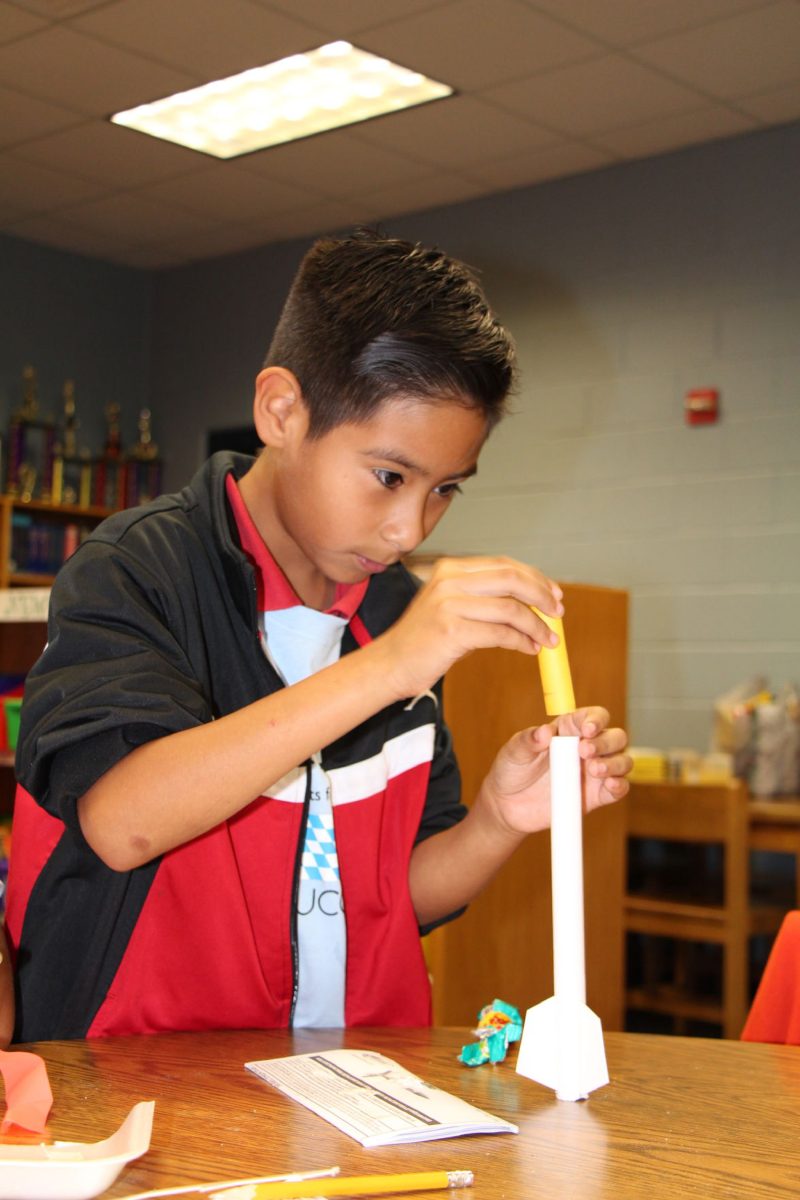This summer, San Benito CISD Migrant students participated in fun-filled and educational camps that focused on science, technology, engineering, and math (STEM).
The summer experience for local Migrant students was made possible through the San Benito CISD Migrant Education Program’s partnership with the Edinburg-based College 1st CAMP (College Assistance Migrant Program) Program.
According to Migrant Education Program (MEP) Coordinator Rick Hernandez, “College 1st provides Migrant students with a unique experience to design their future college and career success plans.”
The College 1st CAMP Program is designed to provide participants with the skills and guidance to become college and career ready.
This year, they provided STEM-related activities for approximately 145 Migrant students in second through fifth grade. The camps were held at 5 elementary campuses – Angela G. Leal Elementary, Judge Oscar De Fuente Elementary, Frank Roberts Elementary, La Encantada Elementary, and La Paloma Elementary.
During the “Mars Journey” STEM camps, participating Migrant students were able to explore the possibility of pursuing a career in the fields of science, engineering, and technology.
Through hands-on activities, camp participants were able to design their very own “Mission to Mars,” including building and launching rockets using engineering skills. They were also able to explore computer science technologies such as flying drones, engaging in virtual reality galactic experiences, and programming robots.
All camp activities were aligned to the State of Texas Assessments of Academic Readiness (STAAR) Science test objectives.
Migrant Education programs throughout the United States are designed to help migrant students overcome difficulties typically associated with migratory lifestyles, including educational disruption, the challenges of mobility, cultural and language barriers, and social isolation.
Accordingly, migrant students are given the support and confidence to succeed in school and to effectively transition to postsecondary education or employment.
For information on local MEP initiatives, contact the district’s MEP office at (956) 361-6136.

